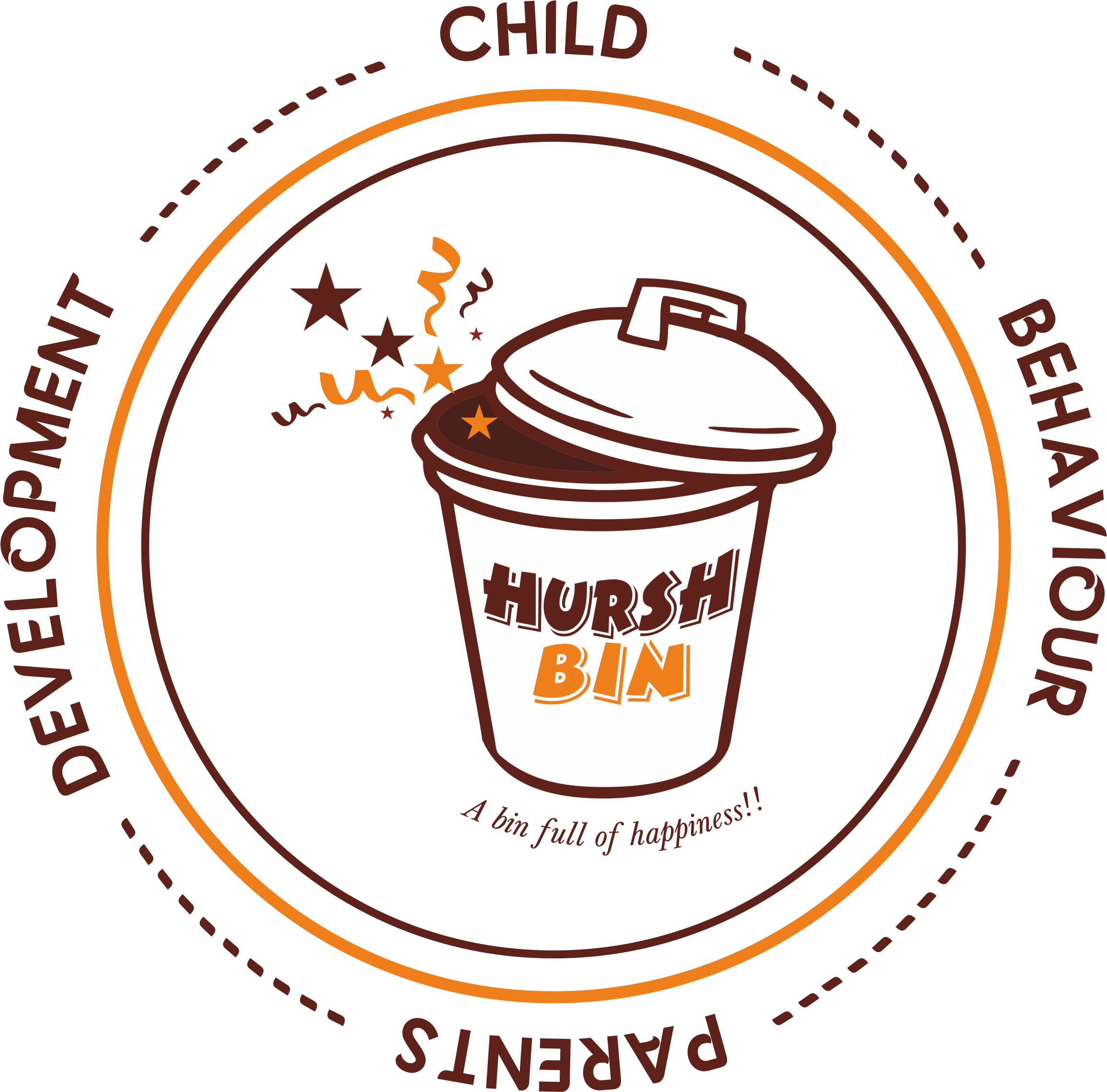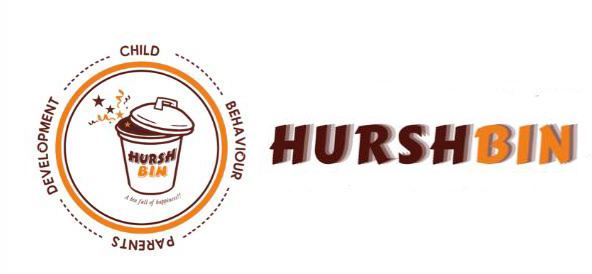- Inability to attend to demands
- Reacting with impulsivity
- Risky behaviours
- Inability to use energy constructively
- Daydreaming
- Inability to stay organised
- Forgetfulness
- Difficulty in complying with authorities
- Display difficulties in learning causing functional lag in age and expected skills.
-
- Heredity - Genes
- Exposure to environmental toxins
- Illness and injury
- Premature birth
- Lack of channel to Regulate energy
Children with ADHD, because of various reasons, are unable to utilise their energy, intelligence and creativity functionally and appropriately to their age as their learning is compromised due to symptoms associated with the condition.
The symptoms of ADHD can be screened between 2-3 years. The symptoms are persistent till adulthood though they would have minimal influence on an individual's life when treated and taken care of since their onset.
-
-
Myth 1: ADHD isn’t a real medical condition.
Fact: ADHD (Attention Deficit Hyperactivity Disorder) is indeed a recognized and real medical condition. It affects inviduals childhood and many conditions it persists until adulthood.
Their neurological condition impacts ability to focus, control impulses, and manage hyperactivity. Research has shown that it involves differences in brain structure and function, and it can significantly impact daily life. Timely screening ,understanding them and treatment can help them grow as per their age expectations. Medication is considered in some conditions where child gets deprived of timely treatment and management and behaviours gets unmanageable by family.
It's a neurological conditions but in most cases managed with behavioural approach & strategies.
Myth 2: People with ADHD just need to try harder.
Fact: Having ADHD isn't about not trying hard enough. It's like having a brain that works a bit differently. People with ADHD might find it harder to focus and control their impulses. It's not something they can fix by trying harder.
They need theraputic guidance to work harder in right direction rather than pushing them to work on themselves on their own.
Myth 3: People with ADHD can’t ever focus.
Fact: While it's true that individuals with ADHD might have difficulty in concentrating and sustaining attention on tasks which are not interesting to them, they can actually focus quite well on activities that captivate their attention or are highly stimulating to them. Their ability to focus can vary depending on the situation and their level of interest in the task at hand.
It is absolutely possible to grow their ability to pay attention on demands with theraputic help.
Myth 4: All kids with ADHD are hyperactive.
Fact: Not all kids with ADHD are hyperactive. ADHD, which stands for Attention Deficit Hyperactivity Disorder, actually has three subtypes: predominantly inattentive, predominantly hyperactive-impulsive, and combined presentation. This means some children with ADHD may not display hyperactivity, but instead struggle with paying attention and focusing on tasks. Each child's experience with ADHD can be unique.
Myth 5: Only boys have ADHD
Fact: It's a common misunderstanding that only boys have ADHD. In reality, ADHD can affect both boys and girls. While boys might be diagnosed more frequently, girls with ADHD often show different symptoms that might not be as noticeable.Girls tend to have less trouble with hyperactivity and impulse control than boys do. They may seem more “daydreamy.” It's important to remember that ADHD doesn't discriminate based on gender.
Myth 6: ADHD is a learning disability.
Fact: ADHD is not the same as a learning disability. While it can affect child's ability to learn due to non desirable behavioural symptoms.
Children with ADHD when not managed well on time displays great lag in age and age appropriate functionality which usually looks like learning difficulties or disability.
Myth 7: Kids with ADHD will outgrow it.
Fact: While some kids with ADHD may experience a reduction in symptoms as they grow older, the condition itself doesn't necessarily disappear. It's important to note that ADHD can continue into adolescence and adulthood, but the intensity of symptoms might change over time. Early screening and appropriate support can greatly help them in managing their own behaviours and their impact on individual's life.
Myth 8: ADHD is the result of bad parenting.
Fact: ADHD (Attention-Deficit/Hyperactivity Disorder) is not caused by bad parenting. It is a neurodevelopmental disorder that involves differences in brain structure and function. Parenting style does not cause ADHD; rather, it's influenced by genetics and brain chemistry though smart parenting strategies can help manage symptoms to help them lead functional life, but they do not cause the disorder itself.
-
- Early identification
- Acceptance of condition
- Provide emotional support
- Read and gain knowledge about condition
- Collaborate with experts in the field
- Create conducive environment
- Encourage strengths and interests
- Learn to train the child for challenges
- Provide structured age and functional level appropriate learnings
- Access resources and upgrade knowledge
- Model desirable behaviour and problem solving
- Be a Mentor to guide them in learning emotional regulation.
Treatment of ADHD in children is a comprehensive approach. Each and every paediatric professionals have their own role to play while formulating a treatment plan as per the level of difficulty.
Science of behaviour plays a significant role in making the entire intervention plan effective, efficient and outcome-oriented.
The aim of programmed interventions should be to help individuals learn age appropriately along with helping them focus and attend to required details as well as regulating their energy and emotions by displaying socially appropriate behaviours.
Yes, it is a matter of concern if they have not been identified on time and helped them to grow age appropriately.
Early identification and intervention help them reach age appropriate functionality early in life, helping them to live functional life independently.
Children with ADHD because of the difficulties ; need to be approached, managed and taught differently and individualistically to ensure that their skills and knowledge are not compromised.
In addition to that they also need to be helped understand their own thoughts,emotions, and behaviours along with others which will help them regulate their life in a socially desirable way.
Yes absolutely ,Provided teachers have skills and ability and experience to manage and teach children with ADHD in classroom.
At HurshBin , we believe in comprehensive skill development program taking care of invidual's all learning needs from play and Leisure to social interaction & group behaviour to Language to Academics and Emotional Regulation along with parents training.
Individuals are helped in overall growth and development to ensure age appropriate functionality.


